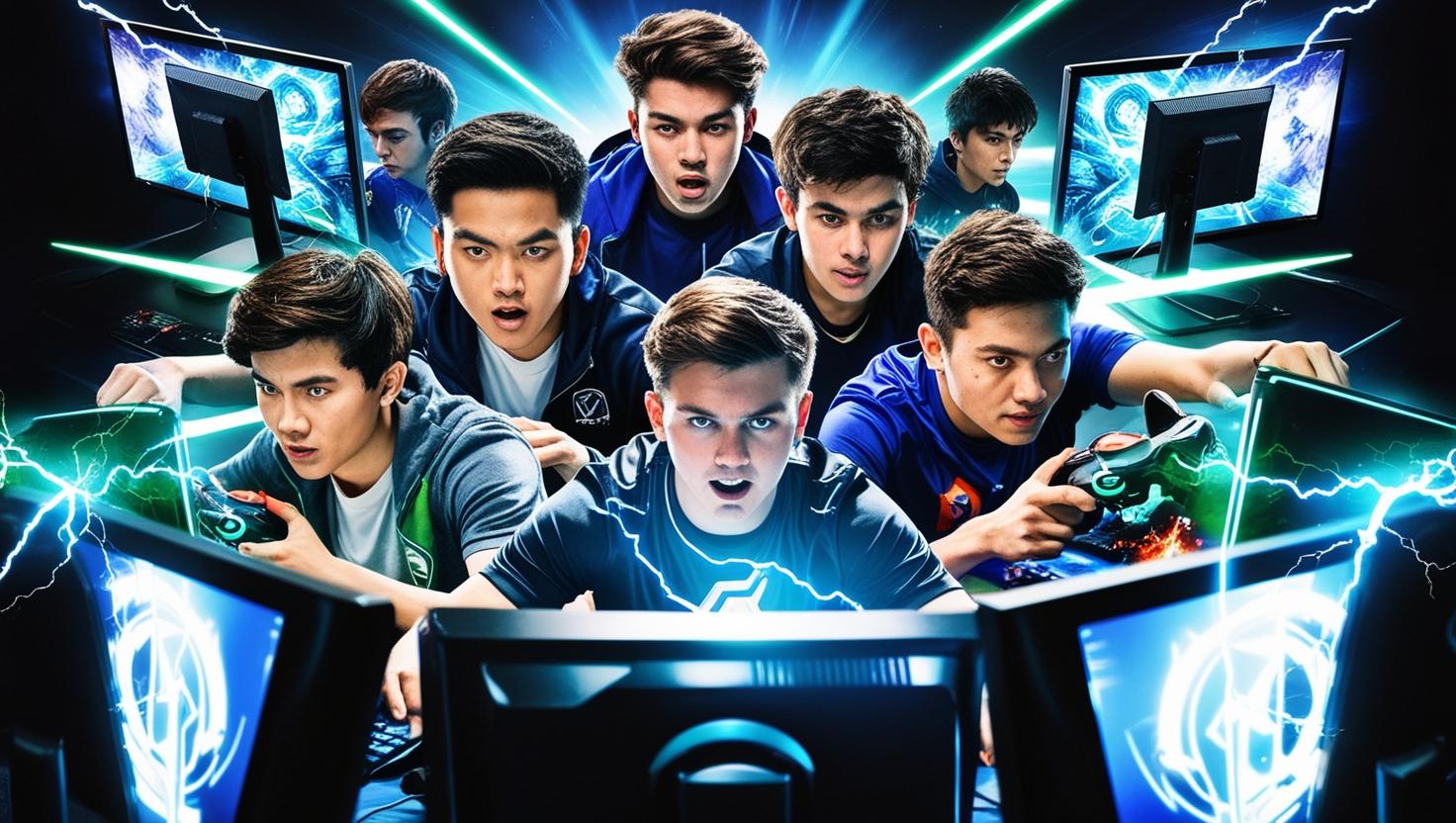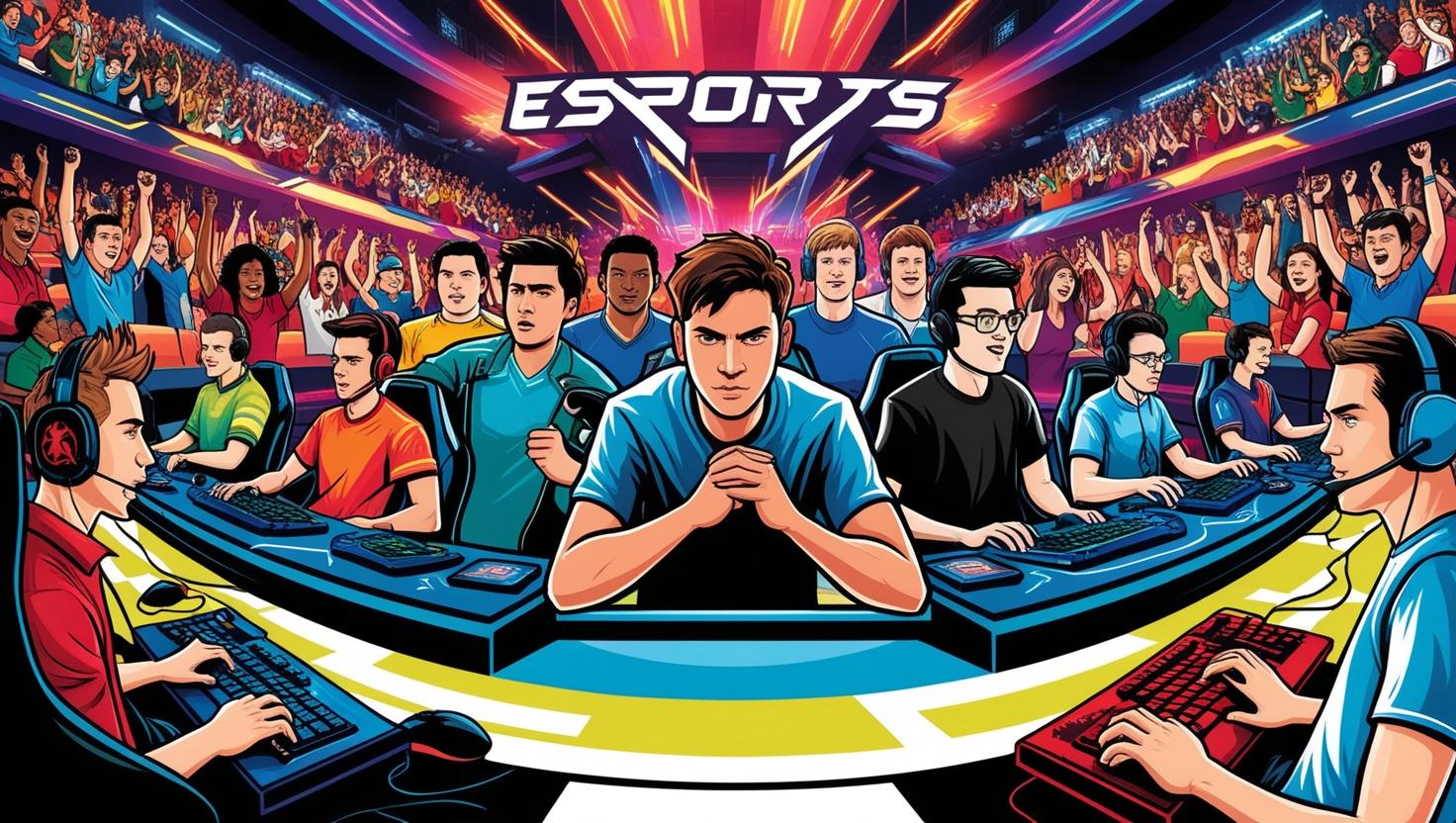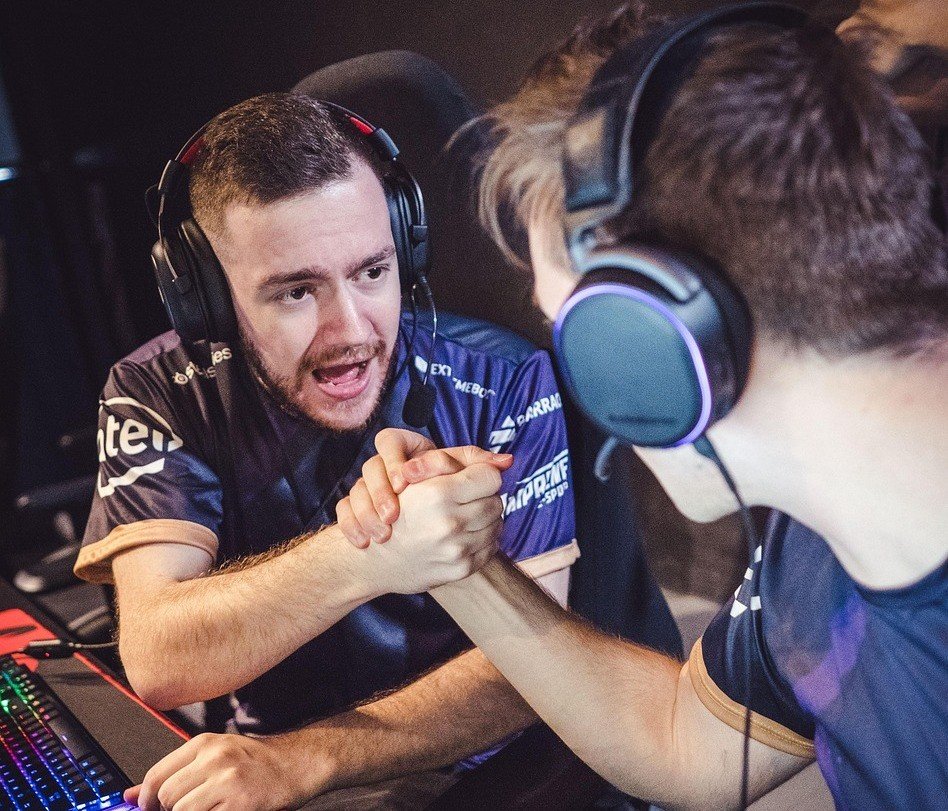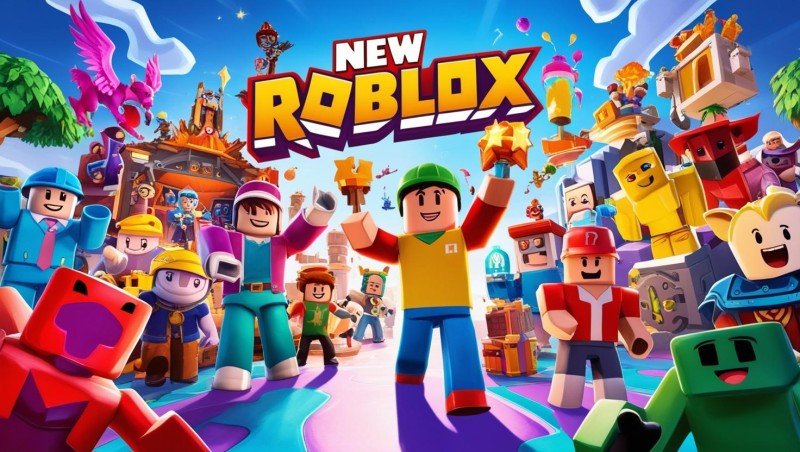 In recent years, esports has emerged as a powerhouse in popular culture, commanding the attention of millions of fans around the world. What was once considered a niche pastime has transformed into a mainstream phenomenon. Esports, or competitive video gaming, has revolutionized the very concept of entertainment and is now challenging traditional forms of media such as movies, sports, and music for the top spot in the hearts and minds of consumers.
In recent years, esports has emerged as a powerhouse in popular culture, commanding the attention of millions of fans around the world. What was once considered a niche pastime has transformed into a mainstream phenomenon. Esports, or competitive video gaming, has revolutionized the very concept of entertainment and is now challenging traditional forms of media such as movies, sports, and music for the top spot in the hearts and minds of consumers.
One of the key reasons behind the ascendancy of esports is its appeal to the modern digital age. With an increasing number of people spending countless hours online, esports provides an easily accessible form of entertainment that can be enjoyed at any time, from any location. The rise of streaming platforms like Twitch has further facilitated the growth of esports by allowing fans to watch their favorite players and teams compete in real-time, chat with fellow viewers, and even contribute to the gameplay itself. This interactivity and sense of community have transformed esports into a highly engaging and immersive experience for fans on a global scale.
Another factor contributing to the mainstream success of esports is the staggering financial growth the industry has witnessed. The prize pools for major esports tournaments have skyrocketed, with millions of dollars up for grabs. This influx of money has attracted not only skilled players but also renowned organizations and sponsors looking to invest in the booming market. The involvement of big-name brands, both endemic and non-endemic to gaming, has further legitimized and solidified the position of esports in popular culture. This financial backing has also enabled the development of professional leagues, stable infrastructures, and state-of-the-art arenas, elevating the production value of esports events to levels comparable to traditional sports.
Esports has also proven to be a platform for social change and inclusivity. Unlike many other forms of entertainment that can be limited by factors such as physical ability, socio-economic status, or geographical location, esports transcends these barriers. The digital nature of esports ensures that anyone with access to a computer or console can participate, regardless of their background. As a result, esports has fostered diverse communities and given rise to discussions surrounding representation, diversity, and equality within the industry. This inclusivity has deepened the connection between fans and players, making esports a truly global and unifying force.
From Gaming Niche to Global Phenomenon: The Rise of Esports
The world of competitive gaming, known as esports, has experienced a remarkable rise in popularity over the past decade. Once considered a niche activity, esports has now become a global phenomenon, captivating millions of fans worldwide and generating billions of dollars in revenue. This meteoric rise can be attributed to several key factors that have helped esports penetrate popular culture and establish itself as a mainstream form of entertainment.
One of the primary drivers behind the ascendancy of esports is the widespread accessibility of gaming platforms and the internet. With the advent of powerful gaming consoles, affordable PCs, and high-speed internet connections, competitive gaming has become more accessible to a larger audience. This has allowed individuals from various walks of life and different parts of the world to participate and spectate in esports events.
Additionally, the rise of streaming platforms such as Twitch and Youtube Gaming has played a crucial role in popularizing esports. These platforms have provided a space for gamers to showcase their skills and for fans to engage with their favorite players and teams. The ability to livestream matches and competitions has allowed esports to reach a global audience, breaking down geographical barriers and connecting fans from different countries and cultures.
Furthermore, the investment and support from major corporations and traditional sports organizations have propelled esports into the mainstream. Recognizing the immense potential of this rapidly growing industry, companies like Intel, Red Bull, and Coca-Cola have become key sponsors and partners for esports events. Sports franchises like the NBA and NFL have also entered the esports realm, creating their own esports leagues or investing in existing ones. This collaboration between traditional sports and esports has further enhanced the legitimacy and acceptance of competitive gaming.
Mainstream Recognition: How Esports is Captivating Pop Culture
The world of esports has rapidly risen to prominence in recent years, captivating pop culture with its thrilling competitions and dedicated fan base. What was once dismissed as a niche industry has now become a global phenomenon, drawing millions of viewers and generating billions of dollars in revenue. This mainstream recognition of esports has had a profound impact on popular culture, infiltrating various media platforms and garnering the attention of traditional sports industries.
One of the key factors behind the ascendance of esports in popular culture is the accessibility of digital platforms. Unlike traditional sports, where physical prowess and endurance play a vital role, esports can be enjoyed by anyone with access to a computer or gaming console. This inclusivity has not only allowed a wider audience to engage with competitive gaming but has also attracted major brands and sponsors eager to capitalize on the growing market.
Esports has also made significant strides in capturing the attention of mainstream media. Major television networks now broadcast esports events, providing a platform for gamers to showcase their skills to a broader audience. Additionally, streaming platforms such as Twitch and YouTube enable fans to watch their favorite teams and players in real-time, fostering a sense of community and social interaction. This integration of esports into various media outlets has solidified its place in pop culture and has helped to legitimize competitive gaming as a legitimate and respected form of entertainment.
The Power of Esports: Engaging a New Generation
Esports, or electronic sports, has taken the world by storm and is rapidly becoming a dominant force in popular culture. This form of competitive gaming has attracted a new generation of gamers, spectators, and enthusiasts, who are fueling the industry's exponential growth. Unlike traditional sports, esports transcends physical boundaries and allows individuals from diverse backgrounds to compete and connect with one another on a global scale.
One of the key reasons behind the rise of esports is its ability to captivate the attention and engagement of a young demographic. With their immersive graphics, complex strategies, and intense competition, esports games appeal to the digital natives who have grown up in a connected world. This new generation of gamers seeks dynamic and interactive experiences, and esports delivers just that, offering multiple platforms and games that cater to a wide range of interests and skill levels.
Furthermore, the accessibility of esports has played a significant role in its popularity. Competitive gaming tournaments are not confined to large stadiums or televised networks but can be accessed by anyone with an internet connection. This accessibility has led to the formation of vibrant online communities, where players can connect, learn, and share their passion for their favorite games. The esports ecosystem thrives on this sense of community and offers opportunities for amateur players to showcase their skills and potentially earn recognition.



